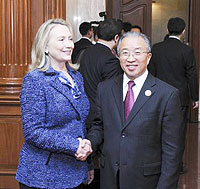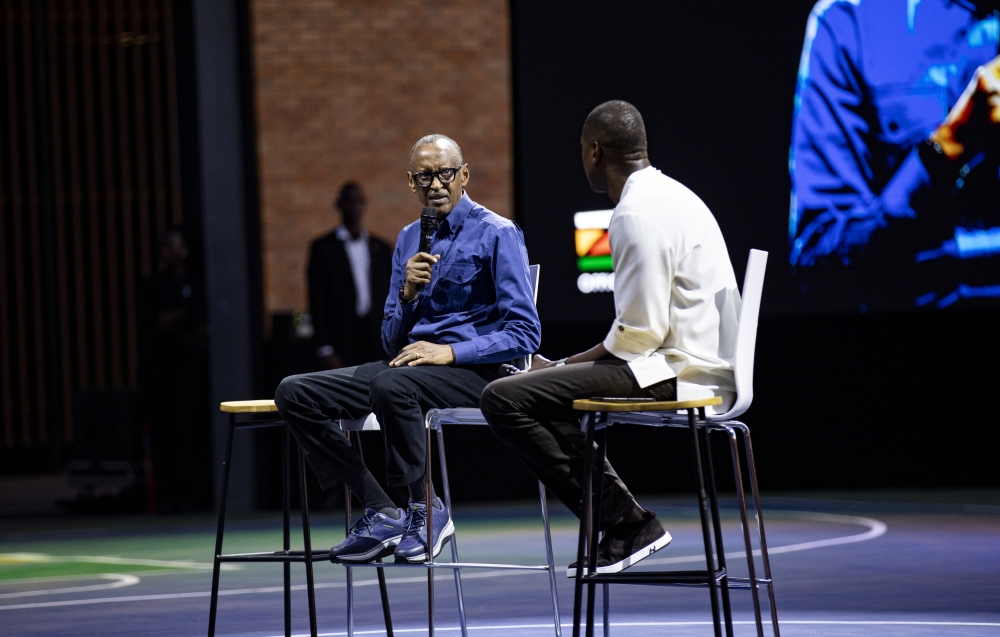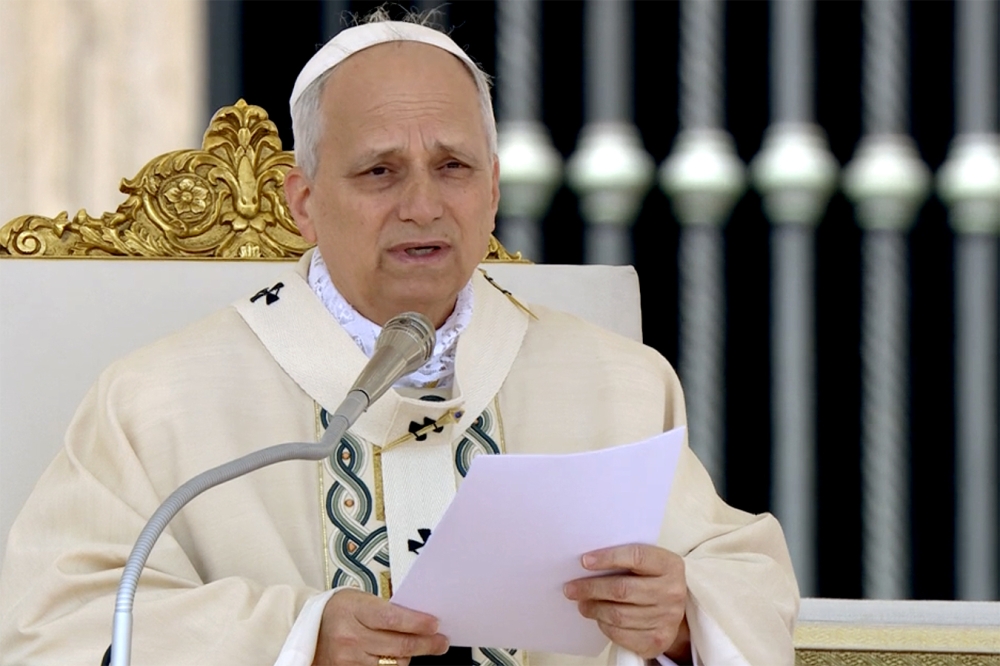As China and the United States hold the 4th Strategic and Economic Dialogue on Thursday and Friday, experts in Beijing have vowed to appropriately manage differences in bilateral ties this year, which will see leadership changes in both countries.


As China and the United States hold the 4th Strategic and Economic Dialogue on Thursday and Friday, experts in Beijing have vowed to appropriately manage differences in bilateral ties this year, which will see leadership changes in both countries."This year is a very important juncture in China-U.S. relations," Qu Xing, head of the China Institute of International Studies, said, adding that this round of dialogue seems critical for long-term and overall bilateral ties.When speaking about the dialogue at a news briefing early last week, Chinese Vice Foreign Minister Cui Tiankai said China and the U.S. should "control their differences" through the framework of strategic talks. In this round of dialogue, China hopes to look back and summarize the consensuses and experiences that have been made in the four rounds of dialogue, make plans for the framework's future and explore a new type of relationship between major countries that features mutual respect and win-win cooperation, Cui added."(We should) promote mutual understanding and trust, expand bilateral and multilateral cooperation and control our differences in a bid to promote the cooperative partnership between the two countries," said Cui.As the world's largest developing country and the largest developed country, respectively, as well as the top two economies in the world, China-U.S. ties have been recognized by the international community as important and complicated bilateral ties that influence many global issues in both direct and indirect ways.Chinese President Hu Jintao and his U.S. counterpart Barack Obama on separate occasions in 2009 stressed that the two countries are committed to building a positive, cooperative and comprehensiveChina-U.S. relationship for the 21st century and will take concrete actions to steadily build a partnership to address common challenges."Facing their differences and controlling them is of critical importance for the two countries in achieving this goal," said Qu, adding that handling their differences is a sign of mutual understanding and trust, but also an indispensable base for expanding cooperation.






